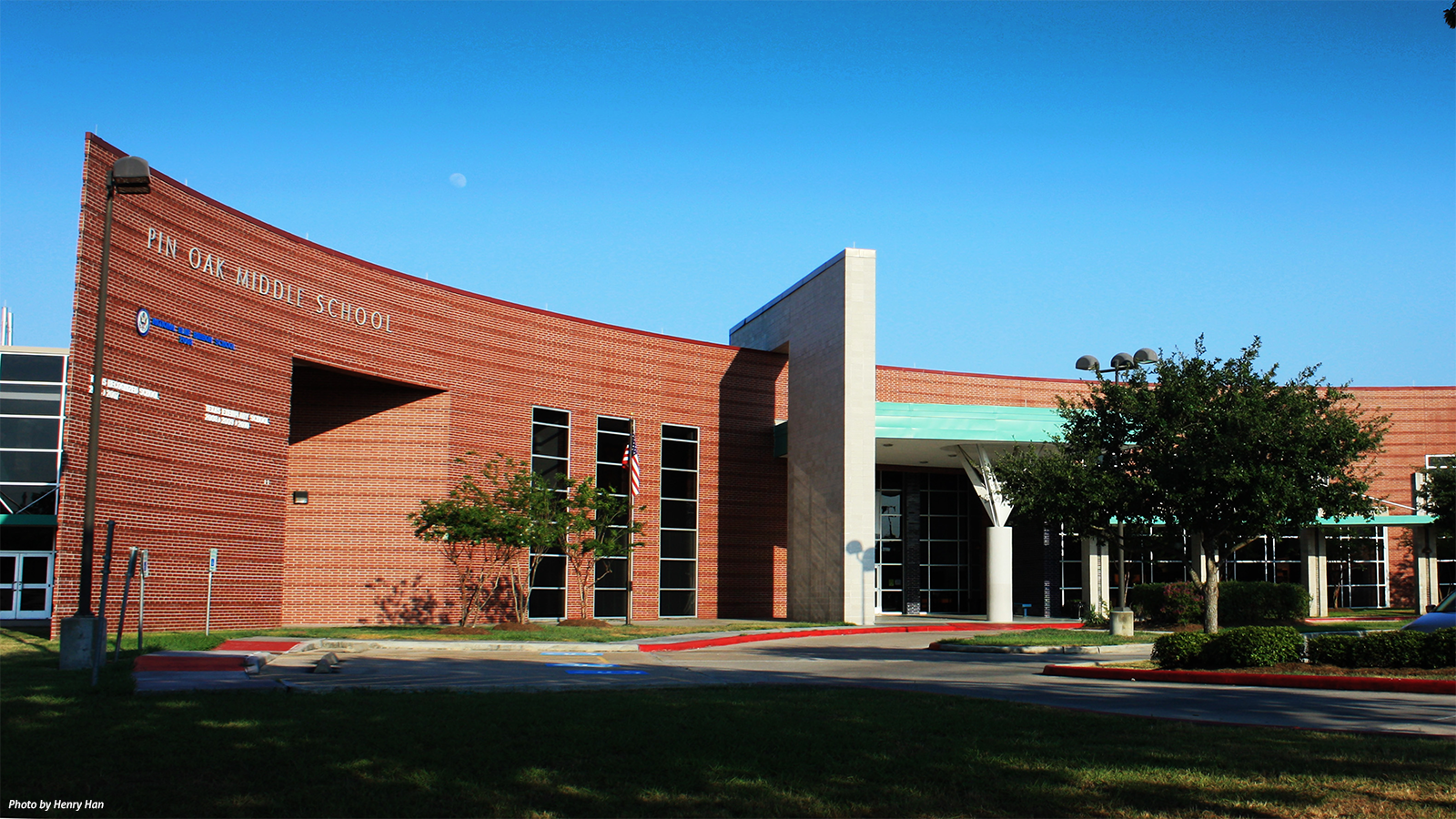Fundraising Ideas to Help Save Temecula Schools and Programs
Fundraising Ideas to Help Save Temecula Schools and Programs
Blog Article
The Effect of School Environments on Academic Success and Personal Health
The style of educational areas, including all-natural illumination and ergonomic furnishings, can boost pupils' concentration and comfort. Exactly how can schools strategically boost these facets to better support their pupils?
Physical Design and Layout
How does the physical format and style of a college effect academic success? The setup and aesthetic of a school setting can dramatically affect students' understanding outcomes.
All-natural lights and reliable air flow systems are essential in boosting cognitive feature and reducing absence. Research studies have shown that classrooms with sufficient natural light enhance student focus and minimize sensations of drowsiness. Ergonomic furnishings tailored to students' needs can stop physical pain, permitting for long term focus and interaction in academic activities.
Access to outdoor areas and visually pleasing environments additionally play a vital function - Save Temecula Schools. Eco-friendly rooms and well-kept college premises give opportunities for exercise and mental leisure, both of which are important for keeping high levels of academic performance. Essentially, a thoughtfully designed physical environment can work as a catalyst for academic excellence, cultivating an ambience that supports both mentor and understanding
Classroom Environment
A positive classroom ambience is fundamental to achieving scholastic success. A setting that fosters a feeling of security, inclusivity, and mutual regard encourages trainees to engage even more actively in their knowing procedures. The setting of a classroom, including facets such as illumination, sound levels, and seating plans, can dramatically affect pupil concentration and inspiration. A well-ventilated, well-lit class with marginal interruptions can enhance cognitive function and lower stress, thus promoting better scholastic outcomes.
Moreover, the classroom atmosphere need to support a culture of cooperation and open communication. They are more likely to involve deeply with the material and develop important thinking abilities when trainees feel comfortable revealing their ideas and asking concerns. Peer interactions and team tasks can enhance knowing by cultivating and providing diverse viewpoints synergy
In addition, developing clear expectations and consistent routines can create an organized atmosphere that allows trainees to concentrate on their studies. By reducing unpredictability and offering a predictable framework, pupils can better handle their time and obligations. Eventually, a positive class atmosphere not only boosts academic efficiency but also adds to the general well-being of trainees, preparing them for future educational and individual ventures.
Teacher-Student Relationships
Building on the value of a favorable class environment, the connections between pupils and teachers play a critical duty in shaping scholastic success. A healthy teacher-student relationship cultivates a finding out atmosphere where students feel valued, recognized, and sustained, which substantially boosts their inspiration and interaction. When trainees regard their teachers as approachable and empathetic, they are most likely to get involved proactively in class and seek assistance when needed, adding to a much deeper understanding of the topic.

This trust fund makes it possible for trainees to share their worries and concepts openly, promoting a collective discovering setting. In significance, solid teacher-student partnerships are a keystone of instructional success, playing an important role in both academic accomplishment and individual development.
Peer Communications
Peer communications significantly influence scholastic success by forming a pupil's cognitive and social growth. Within the school environment, peer partnerships function as a fundamental component for finding out and personal growth. Positive peer interactions can improve a student's motivation and engagement in scholastic activities with collaborative knowing and shared support. When students collaborate in group settings, they exchange ideas, fix troubles collectively, and create crucial believing skills. Such communications promote a sense of belonging and neighborhood, which is vital for emotional well-being and academic perseverance.

Effective peer interactions additionally add to the advancement of necessary life skills, such as collaboration, problem, and communication resolution. These social competencies are crucial for both scholastic browse around this site success and individual health, emphasizing the relevance of promoting positive peer characteristics within the school setting.
Extracurricular Activities
Taking part in extracurricular tasks plays a pivotal duty in a trainee's academic success and personal advancement. These tasks, varying from sporting activities teams to dispute clubs, offer students possibilities to sharpen useful skills such as leadership, time administration, and team effort. Study constantly shows that pupils that join extracurricular tasks tend to achieve higher academic performance. This relationship is frequently credited to the structured atmosphere and the discipline called for to stabilize both extracurricular and academic commitments.
Moreover, extracurricular involvement fosters a sense of belonging and area, which is essential for personal health. Taking part in group activities allows pupils to construct and reinforce socials media, enhancing their psychological and social intelligence. These communications are essential for creating interpersonal abilities that are advantageous in both academic and future professional atmospheres.
Furthermore, after-school activities provide a constructive outlet for students to discover their interests and passions past the conventional educational program. This exploration can lead to the discovery of new talents and potential occupation paths, further encouraging pupils to visit the site engage even more deeply in their academic job. In final thought, the duty of extracurricular tasks extends past plain entertainment; they are important to fostering an all natural academic experience that promotes both academic success and personal growth.
Conclusion
In sum, the influence of institution atmospheres on both academic success and personal well-being is profound. Thoughtfully developed physical designs and class, along with positive teacher-student connections and positive peer communications, significantly boost trainee motivation and interaction. In addition, the existence of encouraging instructors can reduce stress, promoting a nurturing atmosphere favorable to holistic growth. These elements jointly highlight the significance of creating and preserving optimal school atmospheres for the benefit of students' academic and individual development.
Ultimately, a favorable class atmosphere not just boosts scholastic performance yet additionally adds to the general wellness of trainees, preparing them for future educational and personal ventures.

Report this page